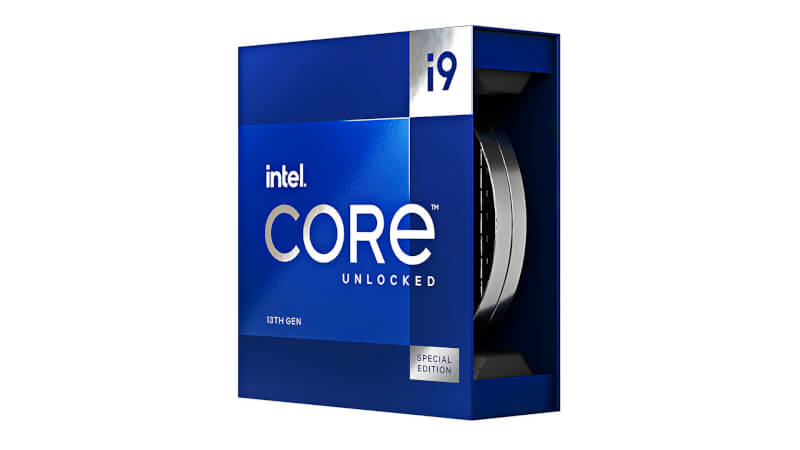Intel finally addresses instability fiasco

Last week, Intel quietly committed to extending the warranty on its 13th- and 14th-generation processors, but they didn't provide details at the time. Now we know which processors are covered.
Intel is extending the warranty on a wide range of 13th- and 14th-generation processors by two years, giving customers a total of five years to file a warranty claim. From a performance standpoint, Intel's latest 13th- and 14th-generation processors are among the best processors you can buy, but the chips have been in trouble lately.
A series of instability issues, and a lack of communication from Intel, have eroded confidence not only in the processors, but also in Intel as a brand. The warranty extension is an attempt by Intel to help restore that trust, as the narrative of Intel's instability problems has only intensified over time.
As mentioned, now you get a total of five years warranty from the date of purchase of your processor. Intel applies the warranty retroactively to processors already purchased, as well as new processors. Intel only applies the extended warranty to models running at 65 watts or above - you can find the full list in Intel's forum post.
Most reports of instability we've seen concern the Core i9 models, but Intel covers models all the way down to their Core i5 range. Intel also makes no regional exceptions. The company says the warranty applies to all customers worldwide.
In addition to the warranty details, the forum post includes an important note: "If customers have experienced these instability symptoms on their 13th and/or 14th Gen desktop processors but were unlucky with previous RMAs, we ask that they contact Intel Customer Support for further assistance and remediation." We have seen multiple reports of Intel rejecting warranty claims for their 13th- and 14th-Gen processors, even after the instability issue became known.
Hopefully there has been some direction from the top of the company to accept warranty claims on these processors more generously. Intel is still releasing a microcode update in mid-August that will address the instability issue. This is a preemptive update that targets the voltage requests that the processor makes. It won't fix a processor that has already suffered from instability or degraded as a result, but it should prevent newer chips from degrading.
If you've already experienced instability issues, Intel says to contact their customer service team if you bought a boxed processor. If you purchased a pre-built system, Intel refers users to the system manufacturer.
Latest processor - cpu
-
31 Octprocessor - cpu
-
16 Sepprocessor - cpu
AMD Ryzen AI 7 PRO 360 spotted
-
04 Sepprocessor - cpu
Intel scores big AI chip customer
-
04 Sepprocessor - cpu
Exclusively-Intel manufacturing store drawers
-
29 Augprocessor - cpu
Big performance boost for Ryzen CPUs
-
28 Augprocessor - cpu
Intel shares could fall in battle with TSMC and NV
-
28 Augprocessor - cpu
AMD is claimed to have been hacked
-
27 Augprocessor - cpu
Intel presents Lunar Lake, Xeon 6, Guadi 3 chips
Most read processor - cpu
Latest processor - cpu
-
31 Octprocessor - cpu
AMD will launch the Ryzen 7 9800X3D on November 7
-
16 Sepprocessor - cpu
AMD Ryzen AI 7 PRO 360 spotted
-
04 Sepprocessor - cpu
Intel scores big AI chip customer
-
04 Sepprocessor - cpu
Exclusively-Intel manufacturing store drawers
-
29 Augprocessor - cpu
Big performance boost for Ryzen CPUs
-
28 Augprocessor - cpu
Intel shares could fall in battle with TSMC and NV
-
28 Augprocessor - cpu
AMD is claimed to have been hacked
-
27 Augprocessor - cpu
Intel presents Lunar Lake, Xeon 6, Guadi 3 chips






